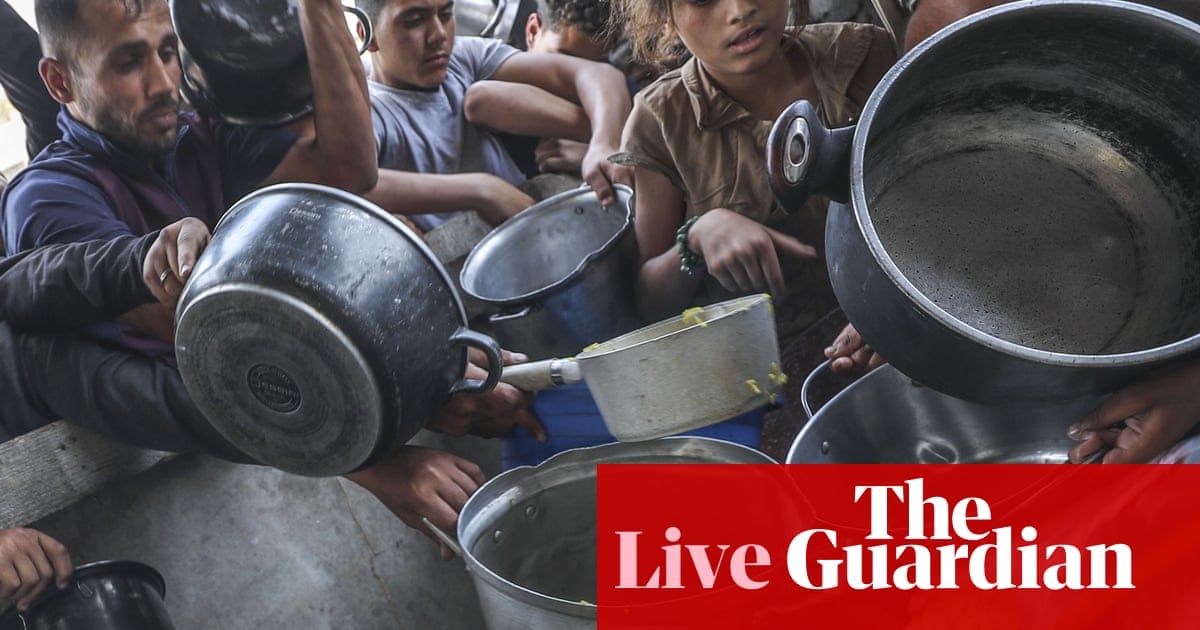The family ofEdan Alexanderhave called onIsraelto release all of the remaining hostages “without delay”, in a message relayed by the Hostages and Missing Families Forum.
“No hostage must be left behind,” the family said.
An Israeli strike on a school-turned-shelter in the Gaza Strip killed at least 16 people early on Monday, mostly women and children, according to local health officials.At least five children and four women were among those killed in the strike on a school in the Jabaliya area, the Gaza Health Ministry’s emergency service said. It also said that a number of people were wounded, according to reporting from the Associated Press.
It comes after Hamas announced on Sunday that it would release the last living American hostage inGaza, Edan Alexander, an Israeli-American soldier who was kidnapped on 7 October 2023, a move that key Arab mediators Qatar and Egypt called an encouraging step towards a return to ceasefire talks.
US president Donald Trump confirmed the news ina social media post, writing that Alexander, 21, “is coming home to his family”. Trump is heading to Saudi Arabia, Qatar and the United Arab Emirates this week.
In other news:
Relatives of Israeli hostages welcomed the announcement that an American-Israeli hostage would be freed by Hamas but there remain fears over the fate of the other 23 living and roughly 35 dead captives who remain in Gaza.
Israel has not agreed to any ceasefire or release of prisoners with Hamas, Israeli PM Benjamin Netanyahu said on Monday, ahead of the expected release of Edan Alexander.
Netanyahu said Israel had only agreed to allow safe passage for Alexander and its forces would continue recently announced preparations to step up operations there. “The negotiations will continue under fire, during preparations for an intensification of the fighting,” his office said.
Israel’s blockade on food and other supplies entering Gaza is now in its third month, and hospitals are unable to provide food. Aid groups say malnutrition is on the rise across Gaza. Food distributions have ended and charity kitchens are rapidly closing. Markets are empty of almost everything but canned goods and small amounts of vegetables, and prices have been rising.
